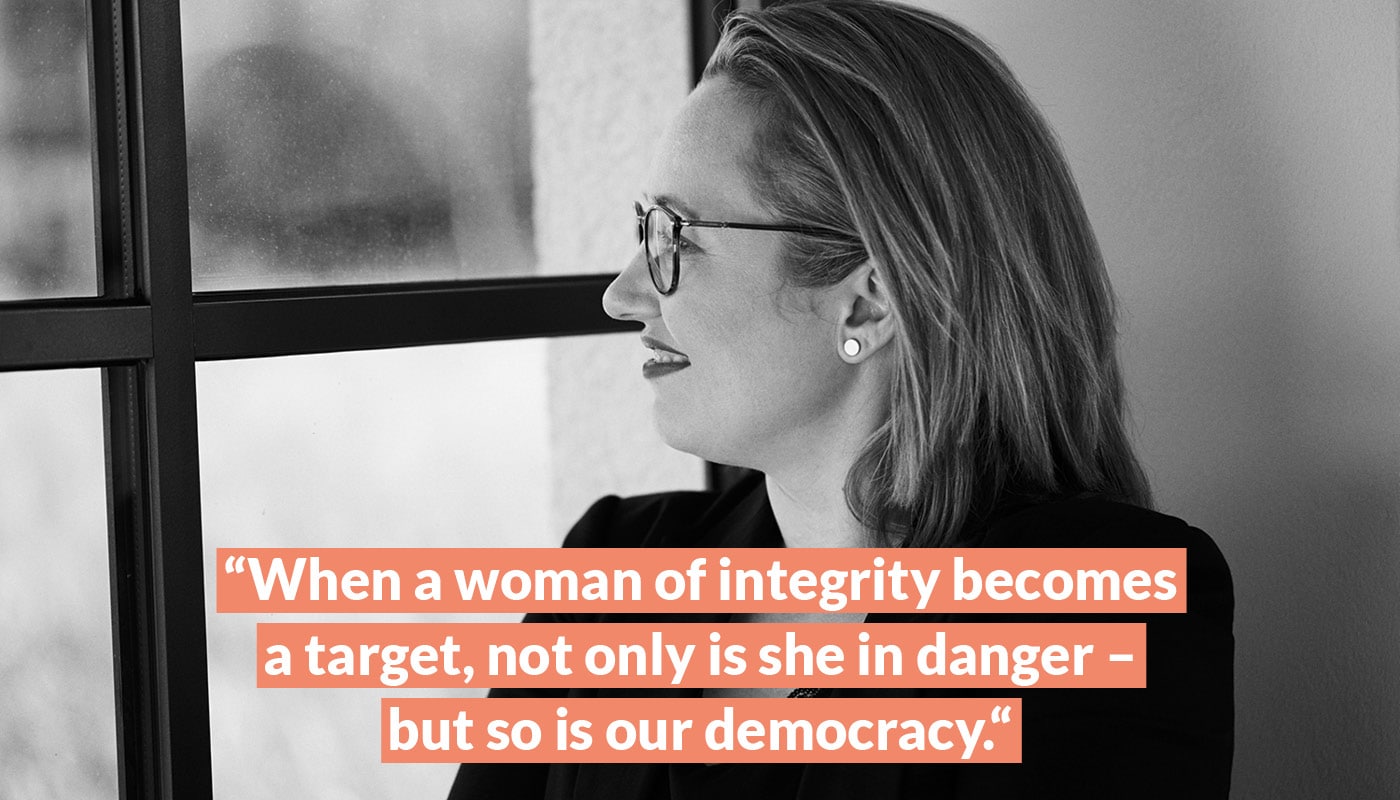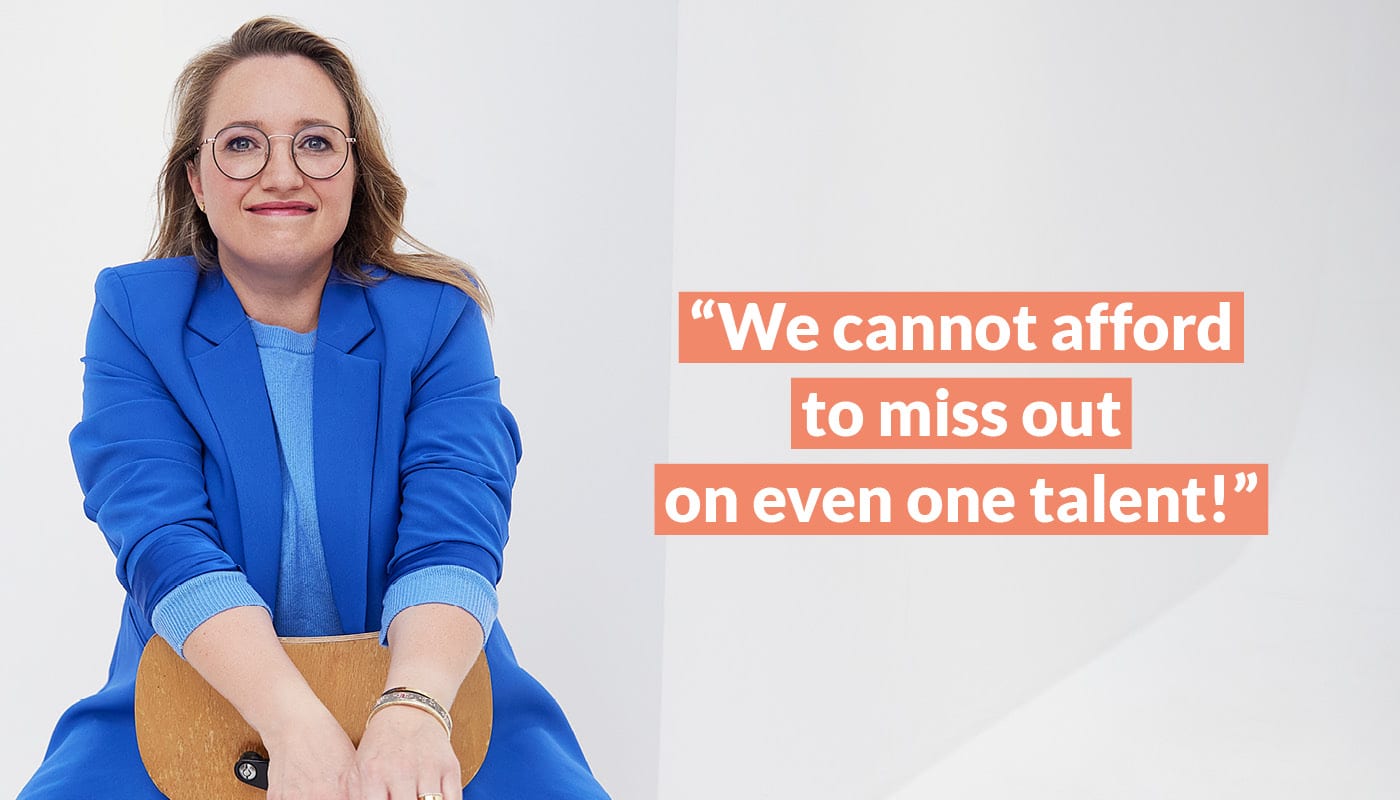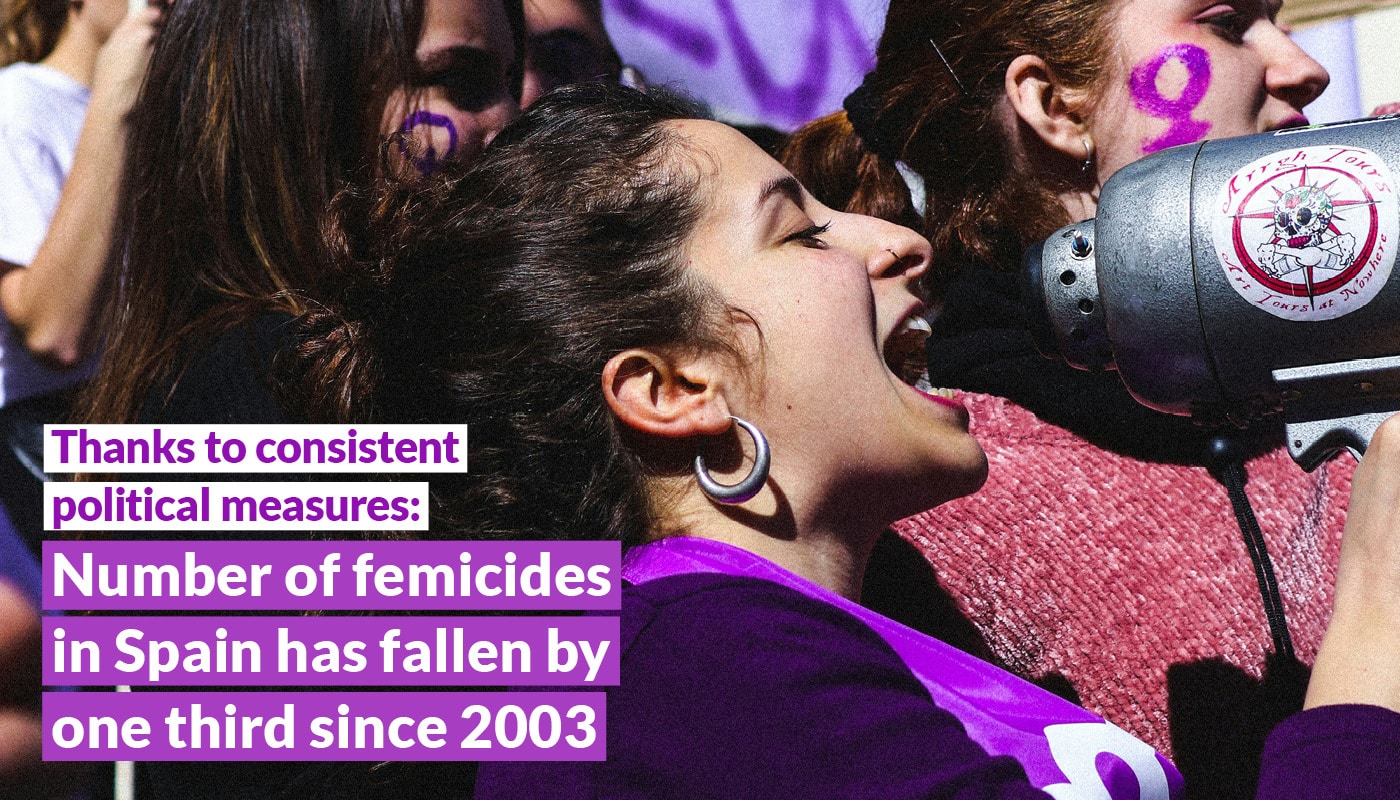"An up-and-coming doctor becomes pregnant. Suddenly her career stalls. She's not the only one. How the power structures at university hospitals endanger medical care" – this was recently investigated by ZEIT.
In the course of their research, they spoke to more than ten women at different hospitals and heard very similar stories. Only one of the doctors agreed to be named in the article: "Because if you don't follow the unwritten rules of the system, if you speak out, you ruin your future."
Neurosurgeon Kara Krajewski was initially supported by her chief physician at the start of her career. That changed abruptly when he found out she was pregnant. From that moment on, he excluded her and hindered her advancement: "Suddenly I was worthless, just because I was having a child."
In a survey, nearly two-thirds of the 4,700 female doctors questioned said that pregnancy hindered their careers—by no longer being seen as equal contributors, by being left off surgical rosters, by not being promoted to senior physician roles, losing access to mentorship, and more. Because constant availability is expected (including night and weekend shifts), mothers with small children are sidelined. Krajewski often heard from colleagues: "Are you a mom or a neurosurgeon?"
One chief even offered to put her on the surgery schedule more often—if she operated naked with him. Studies show that in medicine, workplace sexual harassment is a particularly severe problem. More than two-thirds of respondents have experienced such violations, mostly from superiors or colleagues.
Attorney Jan Arne Killmer, who represents clients in the healthcare sector, says: Especially at university hospitals, chief physicians (protected by their professorships and essentially irremovable) build power structures and male networks. Ironically, in the very places where the brightest minds are supposed to drive cutting-edge research and perform the most delicate procedures on patients, there is a culture that drives women out. And women now make up two-thirds of the urgently needed next generation of doctors.
Following the article, many more female doctors contacted ZEIT. A few of their statements:
-
"Simply doing good work gets you nowhere in German hospitals."
-
"The OR is sacred—whoever is in there belongs to the chief's inner circle, drinks espresso with him, and only says what he wants to hear."
-
"Hardly a surgery goes by without stupid sexual innuendos or some discussion about penises."
-
"If you contradict him, you risk the silent sanction: a ban from the OR."
-
"Even worse is how the system trains people to duck and hide."
-
"I also went to the works council, but they told me: If we intervene, you won't be able to work here much longer. The chief has plenty of ways to make your life hell."
-
"During my time at the university hospital, nine brilliant surgeons who were also mothers left—I'm the tenth."
"If we keep going like this, it's going to hurt—a lot. The whole society," says surgeon Doreen Richardt in a ZEIT interview. She is active in the association "Die Chirurginnen" ("The Female Surgeons"), which offers its members help with bullying, discrimination, sexual harassment, and intellectual property theft.
Dr. Nina Hector, physician and founder of doc:Resource, has developed a pendulum model for "responsibility parity", which she will present at the Expert MeetUp at the herCAREER Expo on October 10. The pendulum model aims to restructure social and professional availability—a practical principle designed to work even in shift-based workplaces like hospitals.

Posted by Natascha Hoffner, Founder & CEO of herCAREER | Recipient of the FTAfelicitas Award from Femtec.Alumnae e.V. | LinkedIn Top Voice 2020 | Editor of the "Women of the Year" books published by Callwey Verlag
published on LinkedIn on 12.08.2025
References:












